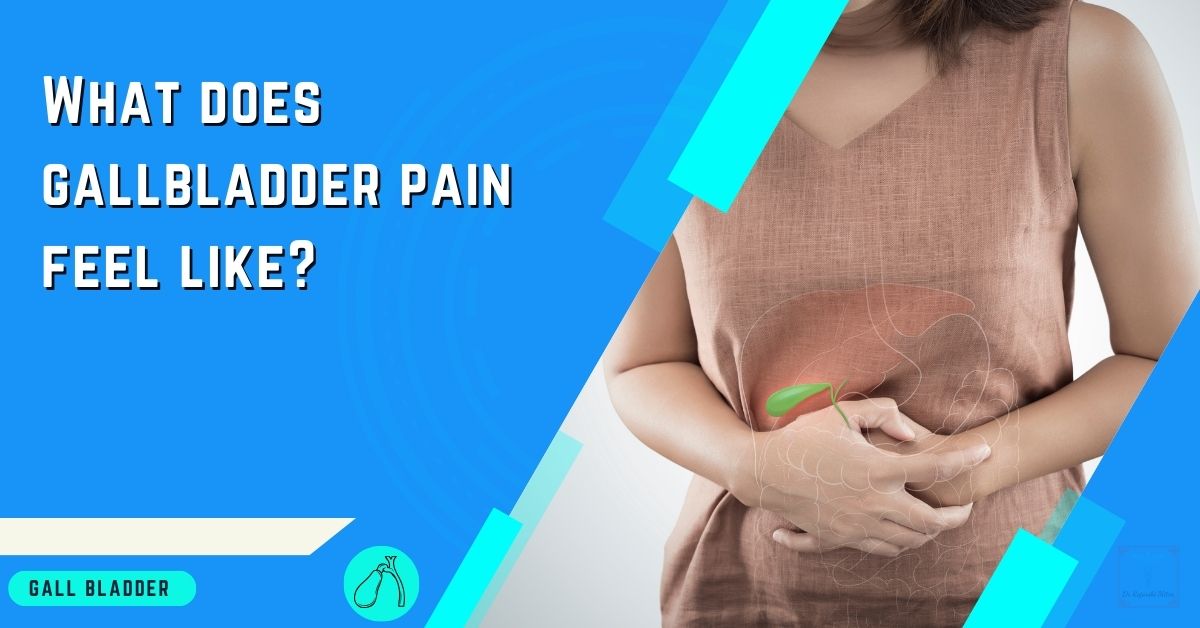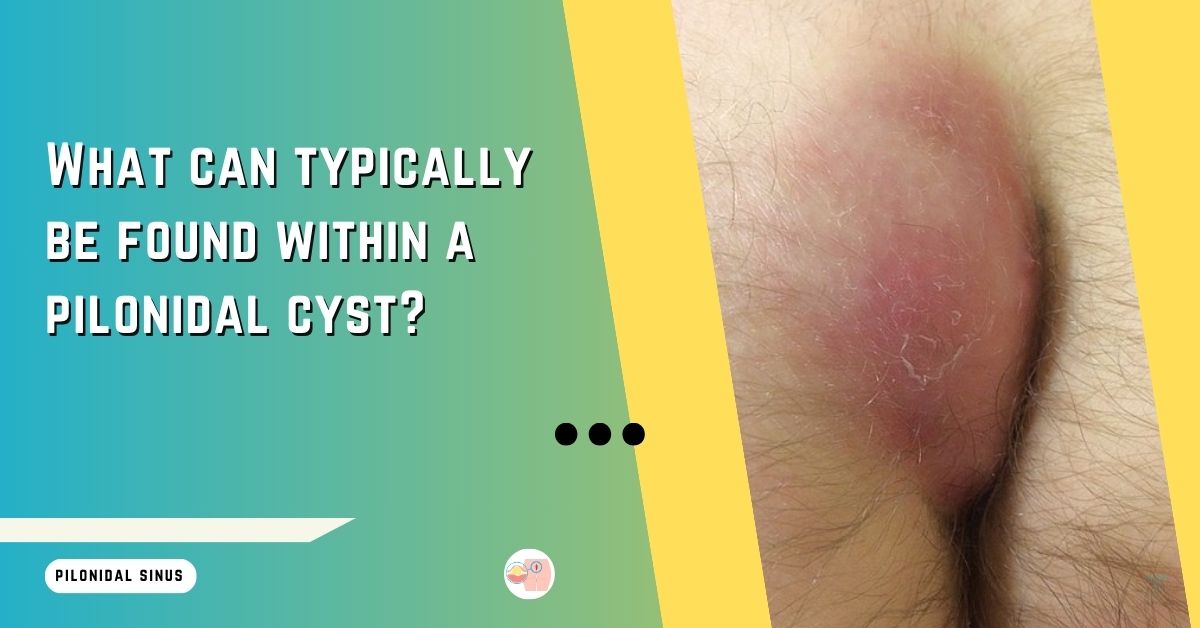Here is an extensive overview of foods that can be problematic for the gallbladder:
The foods you eat can significantly impact gallbladder health, especially if you have conditions like gallstones. As your surgeon, I want to provide detailed guidance on dietary choices to support your gallbladder and discuss foods to avoid that tend to aggravate symptoms. With some adjustments to your eating habits, you may be able to prevent attacks and manage discomfort effectively.
Foods to Avoid for Gallbladder Health:
1. Fatty and Fried Foods
Fried foods like french fries, chicken nuggets, and chips are hard for the gallbladder to digest. High-fat foods like burgers, sausages, pizza, and full-fat dairy also often trigger symptoms. These foods can lead to discomfort and complications in individuals with gallbladder issues, as they may provoke gallstone formation and inflammation. As a result, it’s crucial to be mindful of dietary choices and recognize the specific foods to avoid for gallbladder health. Instead, opting for lean proteins, whole grains, and plenty of fruits and vegetables can promote better digestion and overall wellness.
2. Processed Meats and Fast Foods
Processed deli meats, hot dogs, bacon, and fatty cuts of red meat take longer to digest. Greasy fast foods and takeout tend to be high in bad fats.
3. Eggs and Poultry Skin
The cholesterol in egg yolks and saturated fats in poultry skin can overload the gallbladder. Go easy on omelets, quiches, and fried chicken.
4. Baked Goods and Desserts
Rich butter-based cookies, cakes, pie crusts, and croissants are taxing on the gallbladder and may cause attacks.
5. Fats and Oils
Minimize creamy sauces, gravies, butter, margarine, and other cooking oils that contain a lot of saturated and trans fats.
6. Gas-producing Foods
Foods that produce gas like onions, beans, cabbage, cauliflower and carbonated drinks may add pressure and discomfort.
7. Spicy Foods
Heavily spiced foods and hot sauces can further irritate the gallbladder, especially during an attack.
Foods to Include for Gallbladder Health:
1. Vegetables and Fruits
Produce high in fiber and nutrients but low in fat are ideal. These aid digestion and help maintain a healthy weight.
2. Whole Grains
Complex carbs like whole wheat bread, oatmeal, quinoa, bran cereal, and brown rice give you lasting energy.
3. Lean Protein
Get your protein from plant-based sources like beans, legumes, nuts and seeds. Also, choose lean and white meats like poultry breast.
4. Healthy Fats
Focus on monounsaturated fats from olive oil, avocados, and nuts which don’t strain the gallbladder.
5. Stay Hydrated
Drink plenty of fluids like water, herbal tea, diluted juices, and broth-based soups to aid digestion.
Making gradual dietary shifts can go a long way in preventing gallbladder symptoms. But discuss significant changes with your doctor, especially if you already have gallstones or a gallbladder condition.



















